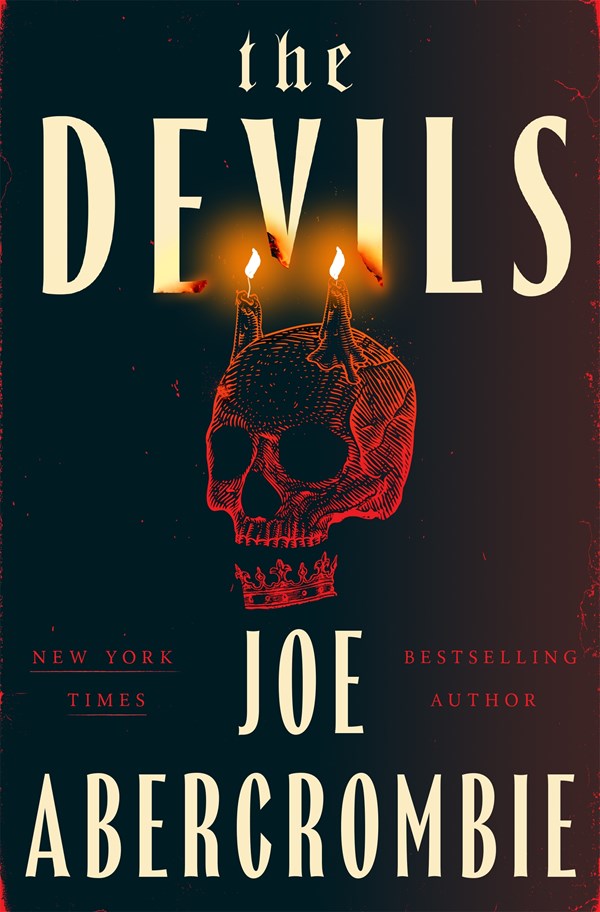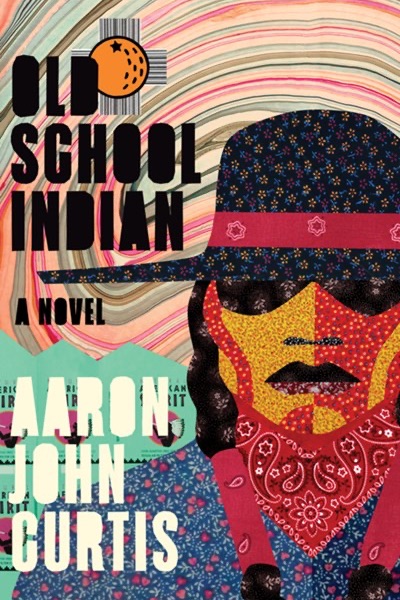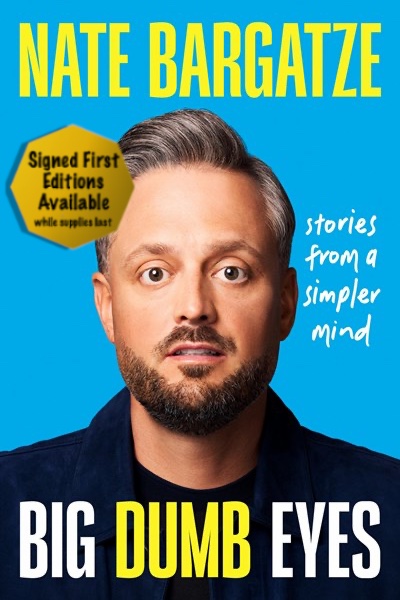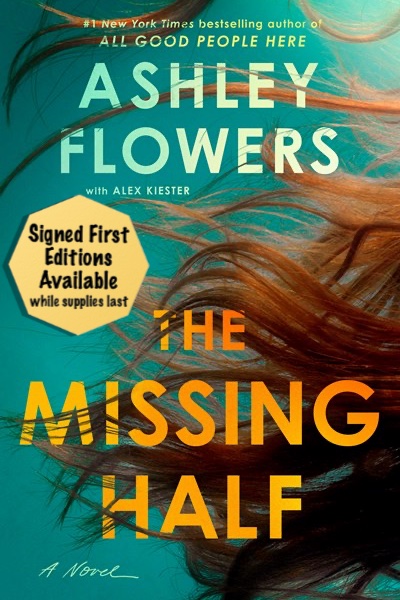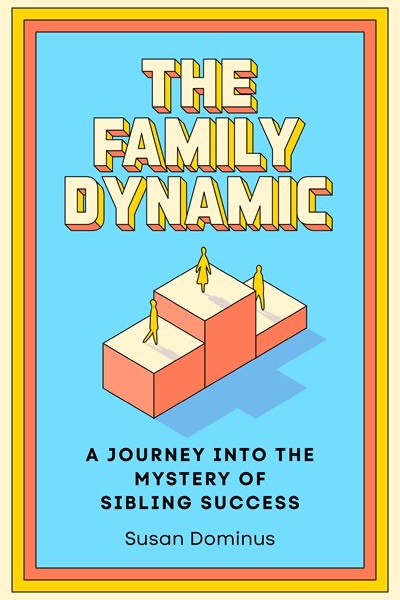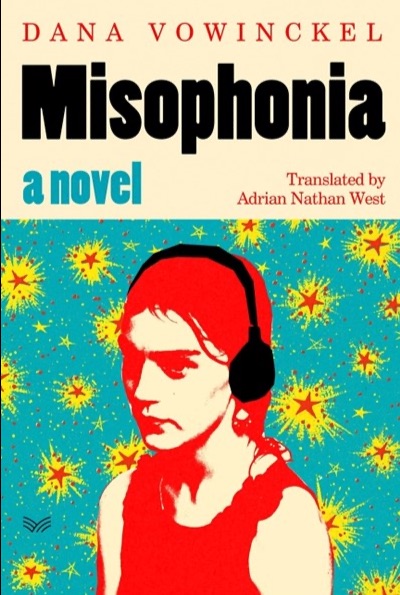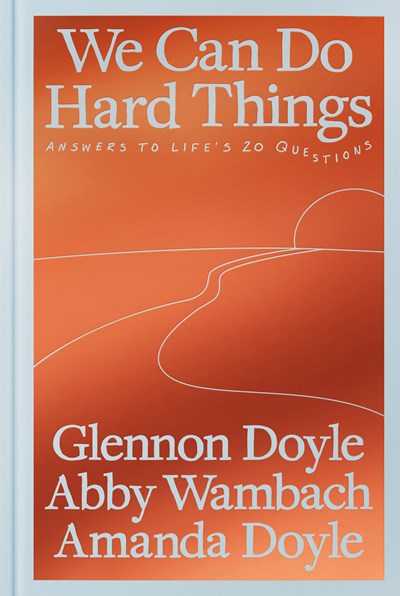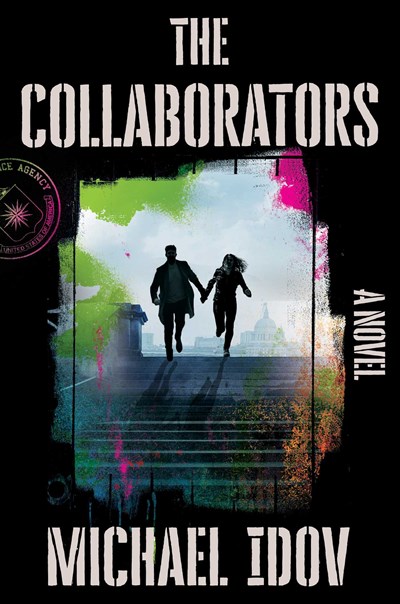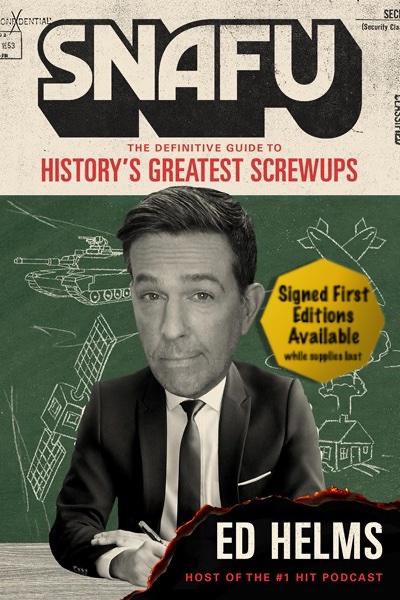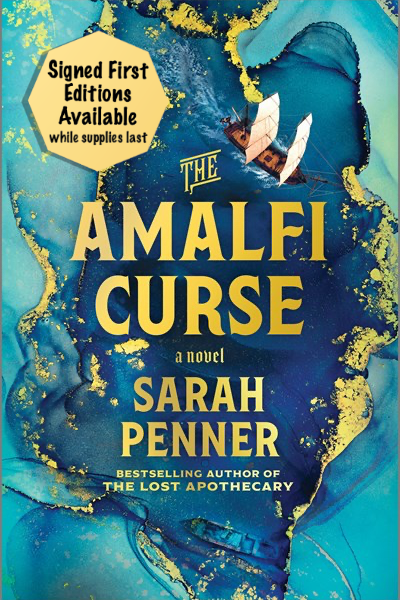“Wow! What an incredibly fun book! An ensemble cast of miscreants, monsters, heretics, enemies of God, and a priest embark on a holy quest with improbable odds of success. My first Abercrombie book and it’s everything I expected and more! Epic, gory, FUNNY, thrilling, and emotional.
-Joey, Books & Books Staff
A brand-new epic fantasy from New York Times bestselling author Joe Abercrombie, featuring a notorious band of anti-heroes on a delightfully bloody and raucous journey
Holy work sometimes requires unholy deeds.
Brother Diaz has been summoned to the Sacred City, where he is certain a commendation and grand holy assignment awaits him. But his new flock is made up of unrepentant murderers, practitioners of ghastly magic, and outright monsters. The mission he is tasked with will require bloody measures from them all in order to achieve its righteous ends.
Elves lurk at our borders and hunger for our flesh, while greedy princes care for nothing but their own ambitions and comfort. With a hellish journey before him, it’s a good thing Brother Diaz has the devils on his side.

About the Author
Joe Abercrombie was born in Lancaster, England, studied psychology at Manchester University, and worked as an editor of documentaries and live music before his first book, The Blade Itself, was published in 2006. Two further installments of the First Law trilogy, Before They Are Hanged and Last Argument of Kings, followed, along with three standalone books set in the same world: Best Served Cold, The Heroes, and Red Country. He has also written the Shattered Sea trilogy for young adults, the Age of Madness trilogy for old adults, and Sharp Ends, a collection of short stories. He lives in Bath, England, with his wife and three children. The Devils is his thirteenth novel.
Praise For…
“The Devils is just an incredibly fun, incredibly action-packed and, by the end, incredibly affecting book. It slammed the living shit out of me.”—Tamsyn Muir, New York Times bestselling author of Gideon the Ninth
“Devilish fun, an unholy delight. Wielding his trademarked grit and stiletto-sharp prose, Abercrombie is at his bloody best weaving a tale of monstrous heroes who discover the humanity in themselves.”—Pierce Brown, #1 New York Times bestselling author of Red Rising
“The Devils by Joe Abercrombie, the first in a new series, is ferociously imagined, and rumbles along with the unstoppable force of a city-burying avalanche. It’s also frequently shout-out-loud-with-laughter funny. When it comes to big, shamelessly entertaining fantasy, Abercrombie is in a class of his own.”—Joe Hill, author of Heart-Shaped Box
“Mixing the central conceit of Suicide Squad with Hammer horror vibes, as viewed via the lens of alternate history, The Devils is a gore splattered roller coaster ride from start to finish. Probably the most fun you can have reading a fantasy novel.”—Anthony Ryan, New York Times bestselling author of Blood Song
“Joe Abercrombie is, to me, the undisputed master of creating deep, distinct characters that leap off the page, and never more so than in The Devils. This book is hilarious, profound, tragic, and so thrillingly paced one scarcely has time to breathe between one calamitous adventure and the next. I loved every page, and can’t wait to see where the story goes from here. Straight to hell, I hopefully suspect!”—Nicholas Eames, author of Kings of the Wyld

